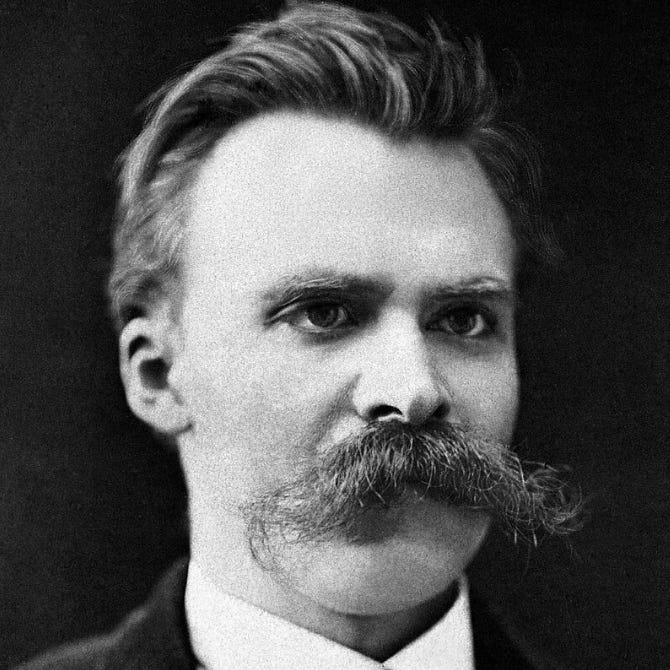In part 2 of this essay, we looked at determinism as one of the most enduring, and increasingly persuasive, arguments against the existence of free will. The idea, as Sapolsky and others have laid it out, is relatively simple: every thought, feeling, decision, or impulse arises within the causal order of…
Substack is the home for great culture




